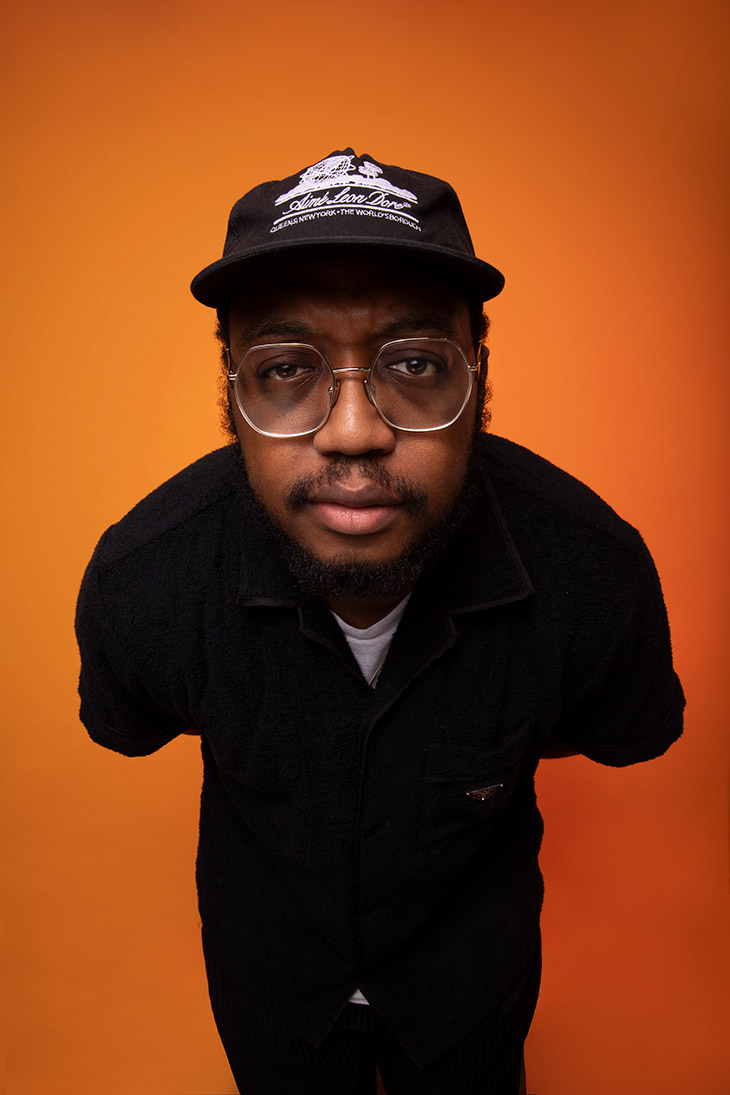
Kevin Morosky is a multidisciplinary creative and film director known for his authentic and often humorous storytelling, which challenges industry norms while promoting inclusivity and insight. In 2018, Morosky co-founded Pocc (People of Culture Collective) with Nana Bempah, a creative network that has been recognized for its impact on the advertising industry and its dedication to championing underrepresented voices.
Morosky’s latest book, “Black Women Always: Conversations on Life, Culture and Creativity,” published by HarperCollins in March 2024, is a powerful manual that champions creativity as a catalyst for empowerment and a means to embrace and guide one’s identity in all aspects of life. Through heartfelt conversations addressing resilience, patience, autonomy, focus, identity, and communication, he shares how Black women’s teachings have sculpted his life and creative endeavors. These dialogues serve as personal anecdotes as well as universal lessons in navigating the creative industry’s challenges and opportunities.
INTERVIEWS
In an exclusive interview with DSCENE Magazine‘s Contributing Editor Nikola Bajovic, Kevin Morosky talks about his latest book “Black Women Always: Conversations on Life, Culture & Creativity.” He highlights the inspiration drawn from the Black women who’ve significantly shaped his life and career, aiming to empower young creatives with their stories. Kevin Morosky also shares insights into his partnership with HarperCollins, emphasizing his commitment to initiating impactful conversations in the publishing world. Through his work, he seeks to foster a greater appreciation for the contributions of Black women, hoping to encourage a shift towards more inclusive narratives and actions within the creative community and beyond.

Can you tell me what motivated you to write a ‘Black Women Always: Conversations on life, culture & creativity’?
The book was always going to be a exploration of my creativity. So naturally it started with thinking about what I have done and learned, which lead to me thinking about what kind of tools, or maybe what representation I needed when I started – is a better way to say it. I thought about who had helped me, and pushed me the most and it was the different women in my life, my influences. I wanted to honor those women, while leaving something behind that allows younger creatives from all disciplines to feel confident in who they are and present.
Getting a book acquired by a major publisher like HarperCollins is a significant achievement. Could you give us some insight into how this collaboration came to be and the potential it holds for your book’s success?
I’d already self published my first book ‘Notes’ – I only did that because the conversation with the publisher at the time was restricted. All of them approached me to write the next “Why I’m no longer talking to white people about race’ and that is not my space. I believe this is all some kind of relay race – my work has to leave something behind that starts a new conversation, or at least leave cheat codes in terms of the systems that oppress people who are as diverse or intersectional as me. So I self published – which meant i had to learn alot about publishing quickly, I say all of that to say when it came to this book, it made it easier to negotiate from a space where the publisher had to see me as a partner. I spoke to lots of publishers and stephanie from Pavilion/Harper collins – got what I was talking about and showed respect for what I had done on my own and so it was a no brainer.
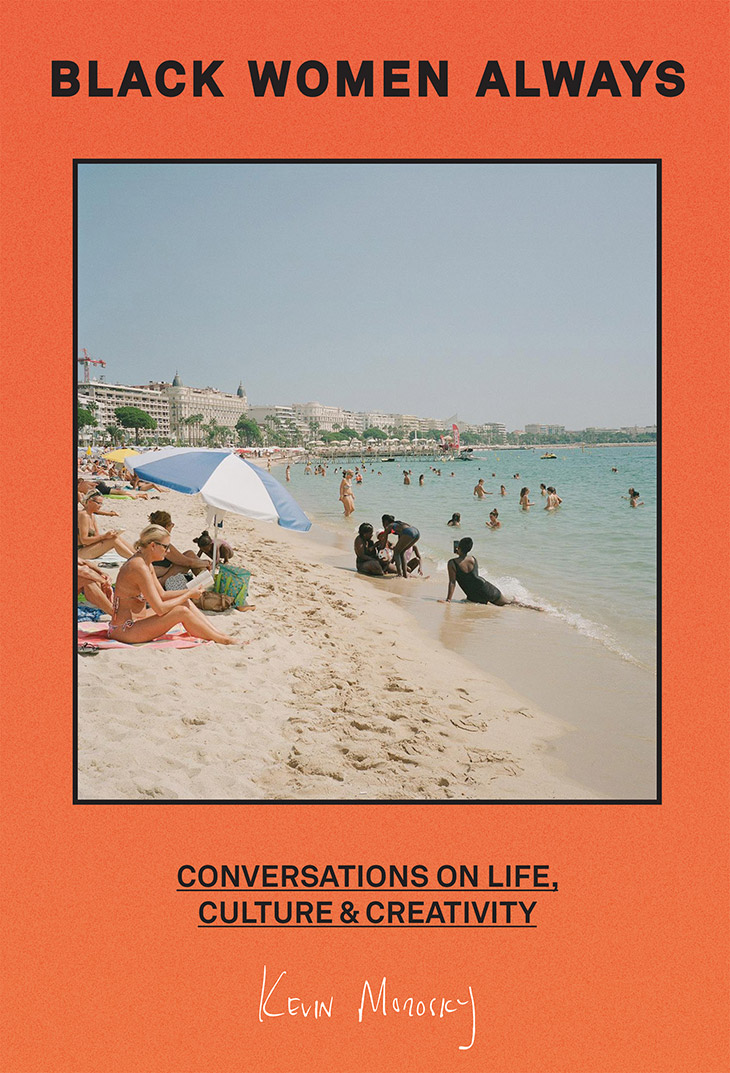
The title suggests a celebration of Black women’s resilience, strength, and beauty. How do you navigate portraying all the challenges and triumphs within your narrative?
By allowing the women who influenced me to speak for themselves – The chapters compose of essay written by me on creative subject matters – those are followed by a transcripted conversation on that subject matter ending with takes aways and advice.
In what ways do you hope your book will contribute to the ongoing conversations about diversity, inclusion, and the representation of Black women in literature?
For me, its the fact that when you really take the time and look at what this book is, I’ve given up space and handed it over, it’s that I’ve said these are my successes and they wouldn’t have happened without these women and their guidance, specifically black women. That in itself is a powerful catalyst or at least should be to start looking at who we are championing and what real community looks like in creativity.
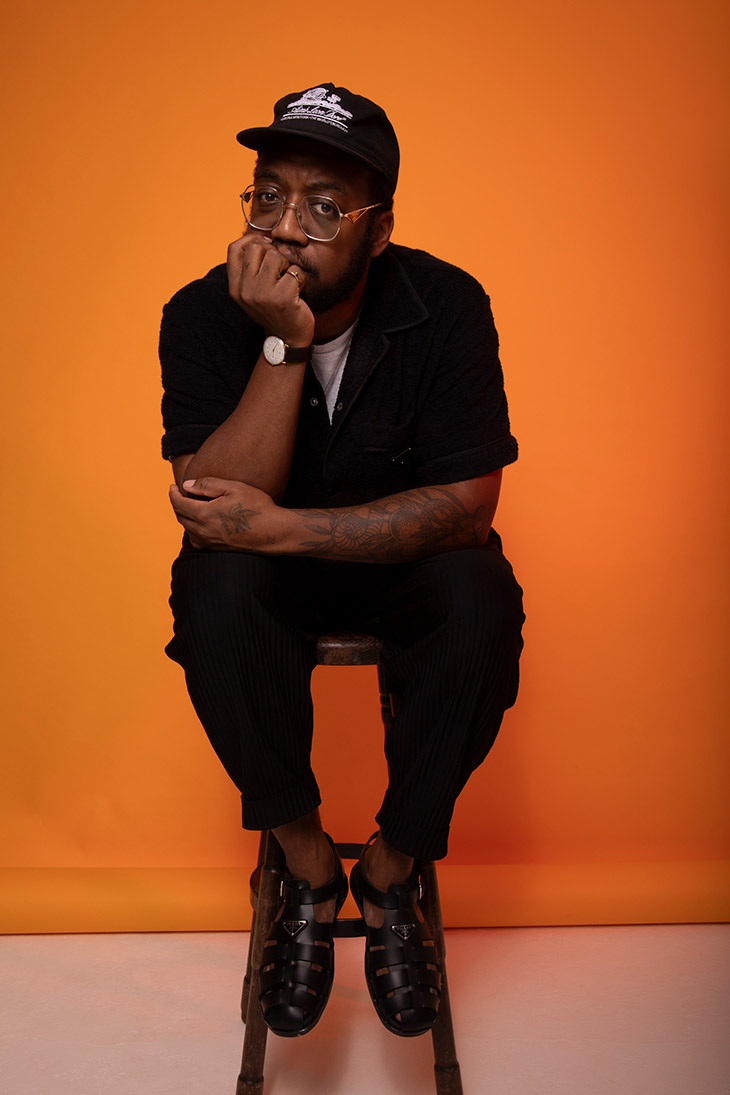
Are there particular authors or works that influenced your writing style early on?
In terms of the essays in the book – I would say Christopher Wallace, not that the essay are lyrics – but just in terms of the way that I recall some of the stories in the essays. My point of view has a flow that gives most of the sentences a bleak and punchy tone. In short I think I somewhat tell stories like a rapper would just without a beat or trying to stay in a rhythmic pocket.
Your book also arrives at a time when society is grappling with issues of social justice and equity. How do you see your work contributing to the ongoing conversations about intersectionality and the unique challenges faced by Black women?
I hope it serves as a example on how to center and find the real conversations needed. I’m not interested in what’s been identified as racism, sexism, etc The identification is only relevant in the moment of identification – the important part is what’s next. What needs to be healed, protected or in the case of this book championed and appreciated. If we stand still just pointing out what we have already pointed out that discovery, very quickly turns into a distraction.
Now that ‘Black Women Always’ is released, what are your aspirations for the impact it will have on readers, both in the short term and in the long run?
What ever they need. I don’t put such aspirations on my work other than, is this a new conversation and was I honest – after that it will be what it will be.
Get Black Women Always by Kevin Morosky at harpercollins.co.uk / Follow Kevin Morosky on instagram – @kevinmorosky
Photography © Jemima Marriott – @jemimashoots















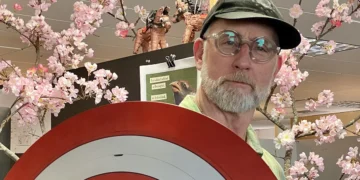


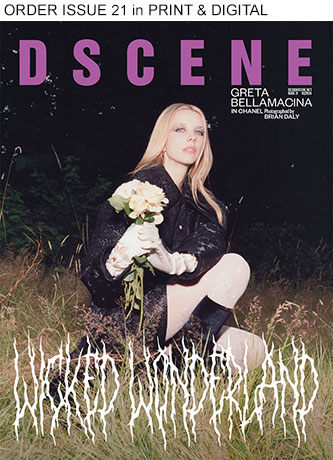

Kevin Morosky’s work, particularly with his latest book “Black Women Always: Conversations on Life, Culture and Creativity,” is truly inspiring! It’s refreshing to see how he leverages his platform to amplify the voices and stories of Black women, merging creativity with crucial conversations about diversity and inclusion. His approach not only enriches the literary world but also sets a vibrant example for the advertising industry. By candidly sharing these impactful narratives, Morosky not only honors the influential figures in his life but also creates a space for young creatives to find empowerment and identity through these stories. It’s powerful to see such dedication to fostering change and understanding through creativity and dialogue.